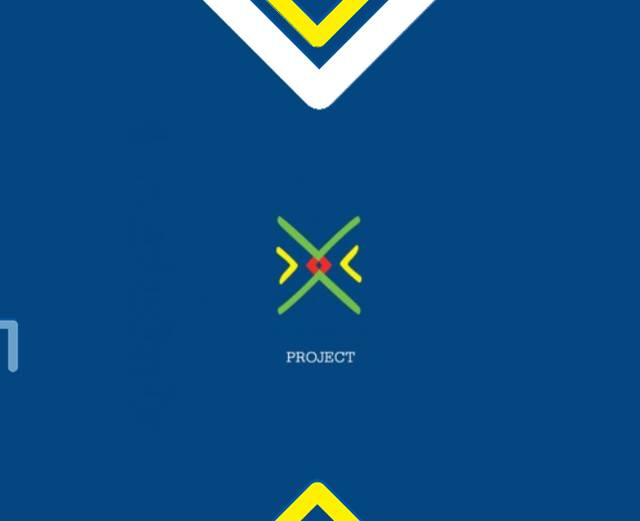
Our Projects are
Transforming African Trade
Quick Contacts
2nd Floor, Fidelity Insurance Centre Waiyaki Way, Westlands

Despite gains made in Strategy 1, intra-EAC trade and exports from the EAC to the rest of the world are still hampered by challenges revolving around standards, technical regulations and meeting SPS measures in key export markets. A recent study in the region by the Overseas Development Institute on the unresolved Non-tariff barriers (NTBs) showed that 24% of all the unresolved NTBs and complaints reported in the time-bound matrix among EAC Partner States relate to the application of quality and safety standards. A majority (60%) of the standards-related complaints concern country-specific product registration, certification, standardisation and testing procedures.
Under Strategy one, TMA supported EAC PS to implement a number of trade reforms around the Single Customs Territory (SCT), undertake improvements in trade facilitation infrastructure at ports of Mombasa and Dar es salaam, connecting roads and border posts, improve customs efficiency and harmonisation of trade standards and creation of a reporting framework for non-tariff barriers. TMA also provided hands on assistance in building capacity of its implementing partners to develop project monitoring and implementation frameworks. More importantly, TMA governance model of National Oversight committees and national presence in all the EAC PS provides an opportunity for its partners to proactively engage in programme delivery and affords them ownership and ability to sustain projects on closure.
Results of TMA S1 interventions has been positive. Clearance of cargo along the Northern corridor reduced from 21 days to between 4 to 6 days from Mombasa to Kigali and from 18 days to 3-4 days from Mombasa to Kampala, the time to resolve NTBs related cases reduced from an average of 34 to 8 months per NTB reported, and more than 170 product standards related to 40% of the key top 20 products traded across the EAC region have been harmonized
The Trade Policy Programme overall outcome is supporting the EAC Secretariat and PS to Improved Trade Regulatory Environment and contribute to the reduction of trade barriers and Improved Business Competitiveness in the region.
To achieve this, four interrelated interventions are proposed:
The existing standards frameworks in Tanzania, which is overseen by TBS, faces challenges of policy, administrative, regulatory and enforcement nature. These challenges have hampered TBS’s capability to offer quality service to its stakeholders, develop market oriented standards, and foster the uptake and adoption of standards by the business community.


Rwanda Bureau of Standards (RBS) simplify and increase the transparency of import/ export procedures; producers improve the quality of products produced; bureau of standards staff and producers improve their understanding of standards and requirements. Together, the results lead to national bureau of standards improves efficiency and effectiveness of testing.


The success of the SQI programme for the EAC and the Horn of Africa region will be evident through an improved Standards & Quality frameworks and services through improved standardization, metrology, and accreditation infrastructure.


Rwanda Bureau of Standards (RBS) simplify and increase the transparency of import/ export procedures; producers improve the quality of products produced; bureau of standards staff and producers improve their understanding of standards and requirements. Together, the results lead to national bureau of standards improves efficiency and effectiveness of testing.


The TradeMark Africa (TMEA) Standards Harmonization and Conformity Testing Programme was launched in 2011 to support the National Standards Bureaux (NSBs) in achieving regional harmonization of standards and improving their testing capacities with the aim of improving trade competitiveness in East Africa by reducing the time and cost of testing...


South Sudan National Bureau of Standards simplifies and increases the transparency of import/export procedures; producers improve the quality of products produced; bureau of standards staff and producers improve their understanding of standards and requirements. This will in turn lead to the national bureau of standards improving efficiency and effectiveness of...


Uganda National Bureau of Standards (UNBS) simplify and increase the transparency of import/ export procedures; producers improve the quality of products produced; bureau of standards staff and producers improve their understanding of standards and requirements. Together, the results will lead to the UNBS improving efficiency and effectiveness of testing.


Rwanda Bureau of Standards (RBS) simplify and increase the transparency of import/ export procedures; producers improve the quality of products produced; bureau of standards staff and producers improve their understanding of standards and requirements. Together, the results lead to national bureau of standards improves efficiency and effectiveness of testing.


The TradeMark Africa (TMEA) Standards Harmonization and Conformity Testing Programme was launched in 2011 to support the National Standards Bureaux (NSBs) in achieving regional harmonization of standards and improving their testing capacities with the aim of improving trade competitiveness in East Africa by reducing the time and cost of testing...

